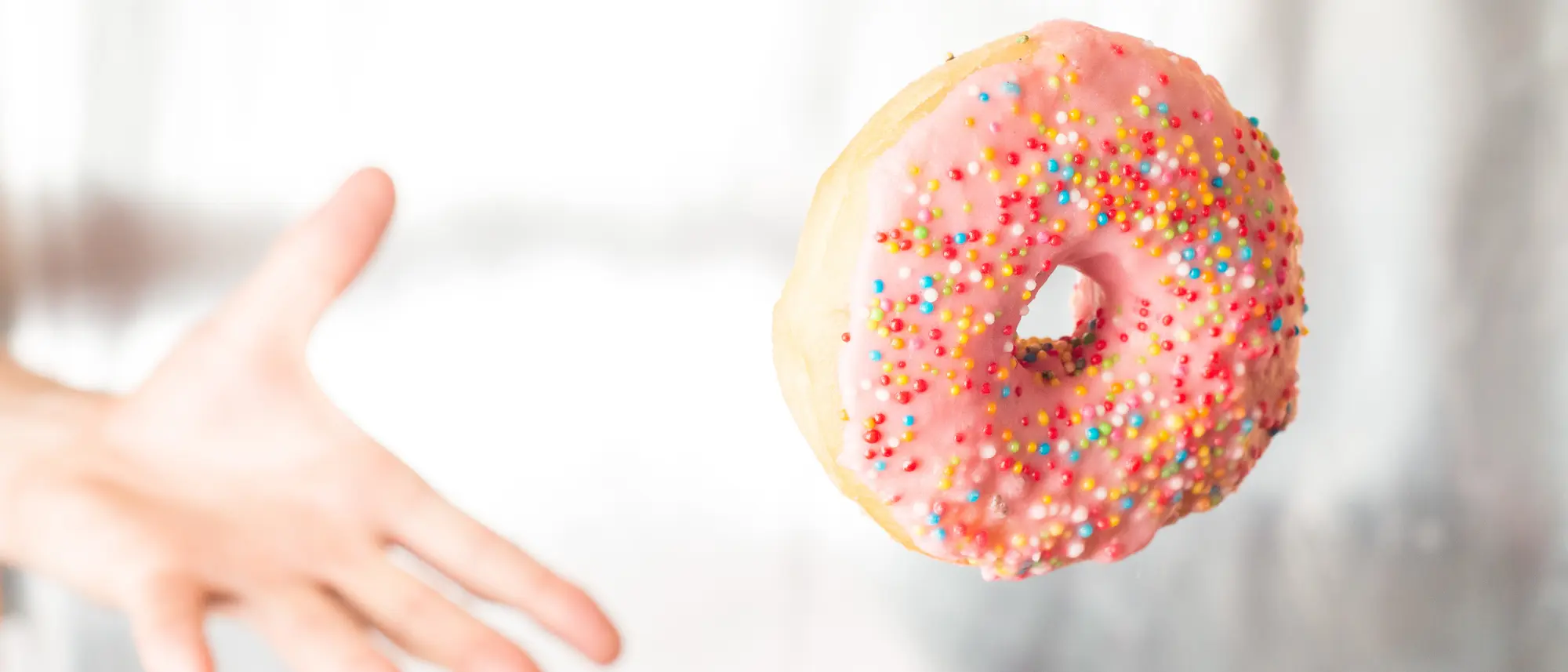"Cancer cannot be starved, rather it starves people." Physician Marisa Kurz advises her cancer patients against diets and encourages them to eat what they like. In her column, she dispels all sorts of myths about what sufferers should and shouldn't eat.
Statistically, nearly one in two people will develop some type of cancer in their lifetime. Because you are affected yourself or know someone who is, the subject is something that concerns everyone. At the same time, many patients and their relatives know very little about the disease. What happens in the body? Why doesn't everyone get cancer? And what is the individual course of cancer therapy? Physician Marisa Kurz answers these and other questions in her column "Understanding cancer".
My patients often ask me whether giving up sugar has a positive effect on their cancer. They hope to be able to literally "starve" their cancer with a low-sugar diet. Unfortunately, I then have to tell them that it doesn't work like that - and that such diets can even be harmful.
Cancer needs sugar - just like the entire body
The metabolism of cancer cells differs in certain respects from that of healthy cells. For example, cancer cells ferment sugar for energy instead of burning it as efficiently as possible with the help of oxygen. Many myths circulate around this so-called Warburg effect. One of them is that cancer can be fought by a sugar-free diet.
In fact, cancer cells have an altered metabolism and take up particularly large amounts of glucose to gain energy. Unfortunately, however, it cannot be concluded from this fact that a reduced intake of sugar fights cancer. There are several reasons for this: First, it is not possible to specifically stop the supply of sugar only to cancer cells. Healthy body cells are always undersupplied as well when a person gives up sugar. Second, cells can also obtain energy from other nutrients, such as fats or proteins. If cancer cells do not get enough sugar in their diet, they find another way to supply themselves with energy, for example by stimulating the breakdown of fat and muscle in the body. Cancer cannot be starved; rather, it starves people. There is no evidence that low-carbohydrate diets have a positive effect on cancer.
Affected people suffer from an undersupply of nutrients anyway
Many of my patients are underweight or have difficulty eating enough food. On the one hand, cancer can cause sufferers to lose weight and absorb fewer nutrients, and on the other hand, therapies against cancer can cause undesirable side effects such as loss of appetite, loss of taste, nausea or diarrhea. If cancer patients then torture themselves with diets, this can not only reduce their quality of life, but also lead to further weight loss and nutrient deficiencies.
I therefore always advise my patients against dieting. Instead, I recommend that they eat a balanced diet that contains all the essential nutrients. I encourage them to eat what they like and enjoy - and to indulge in something that may be a little unhealthier. The main thing is that the diet is balanced overall.
Sugar is linked to cancer - but in a different way
As long as it is not possible to deprive only cancer cells of sugar, sugar avoidance is not suitable as a cancer therapy. Eliminating sugar completely from the diet is not a solution. However, it can be beneficial to avoid excessive amounts of sugar. It is now known that obesity, along with smoking, is the most important preventable risk factor for developing cancer. Statistically, a high-sugar diet and obesity are related. So too much sugar can actually indirectly increase the risk of cancer. For prevention purposes, it therefore makes perfect sense to consume only normal amounts of sugar.
There are also indications that very large amounts of sugar, for example in the form of many sweet drinks, can have negative effects during cancer. But here, too, the solution is not to give up sugar, but to avoid excessive and unbalanced amounts.
I can well understand that patients want to do something for themselves
When my mother had cancer, I bought a cookbook with recipes for cancer patients. It recommended certain foods that were said to be effective against cancer. I was fully aware at the time that the tips were not scientifically sound. But I felt helpless and was determined to do something. So I can very well empathize with the fact that patients want to know how they can influence the disease themselves. I then explain to them that it's not their fault that they have cancer and that it's my job to do something about it - not theirs.
When my patients ask what they can do for themselves, I advise them to exercise. In this way, they can improve the tolerability of the therapies and possibly even their effect.


No comments yet